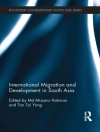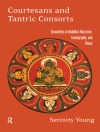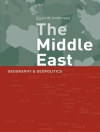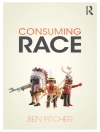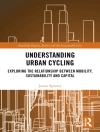Sudan and South Sudan have suffered from repeated cycles of conflict and authoritarianism resulting in serious human rights and humanitarian law violations. Several efforts, such as the 2005 Comprehensive Peace Agreement and transitional justice initiatives have recognized that the failure to develop a stable political and legal order is at the heart of Sudan’s governance problems. Following South Sudan’s independence in 2011, parallel constitutional review processes are under way that have prompted intense debates about core issues of Sudan’s identity, governance and rule of law, human rights protection and the relationship between religion and the State.This book provides an in-depth study of Sudan’s constitutional history and current debates with a view to identifying critical factors that would enable Sudan and South Sudan to overcome the apparent failure to agree on and implement a stable order conducive to sustainable peace and human rights protection. It examines relevant processes against the broader (constitutional) history of Sudan and identifies the building blocks for constitutional reforms through a detailed analysis of Sudanese law and politics. The book addresses constitutionalism and constitutional rights protection in their political, legal and institutional context in Sudan and South Sudan, and the repercussions of the relationship between state and religion for the right to freedom of religion, minority rights and women’s rights.
Mohamed Abdelsalam Babiker & Lutz Oette
Constitution-making and Human Rights in the Sudans [PDF ebook]
Constitution-making and Human Rights in the Sudans [PDF ebook]
ซื้อ eBook เล่มนี้และรับฟรีอีก 1 เล่ม!
ภาษา อังกฤษ ● รูป PDF ● หน้า 230 ● ISBN 9781317227922 ● บรรณาธิการ Mohamed Abdelsalam Babiker & Lutz Oette ● สำนักพิมพ์ Taylor and Francis ● การตีพิมพ์ 2018 ● ที่สามารถดาวน์โหลดได้ 3 ครั้ง ● เงินตรา EUR ● ID 6781612 ● ป้องกันการคัดลอก Adobe DRM
ต้องใช้เครื่องอ่านหนังสืออิเล็กทรอนิกส์ที่มีความสามารถ DRM



